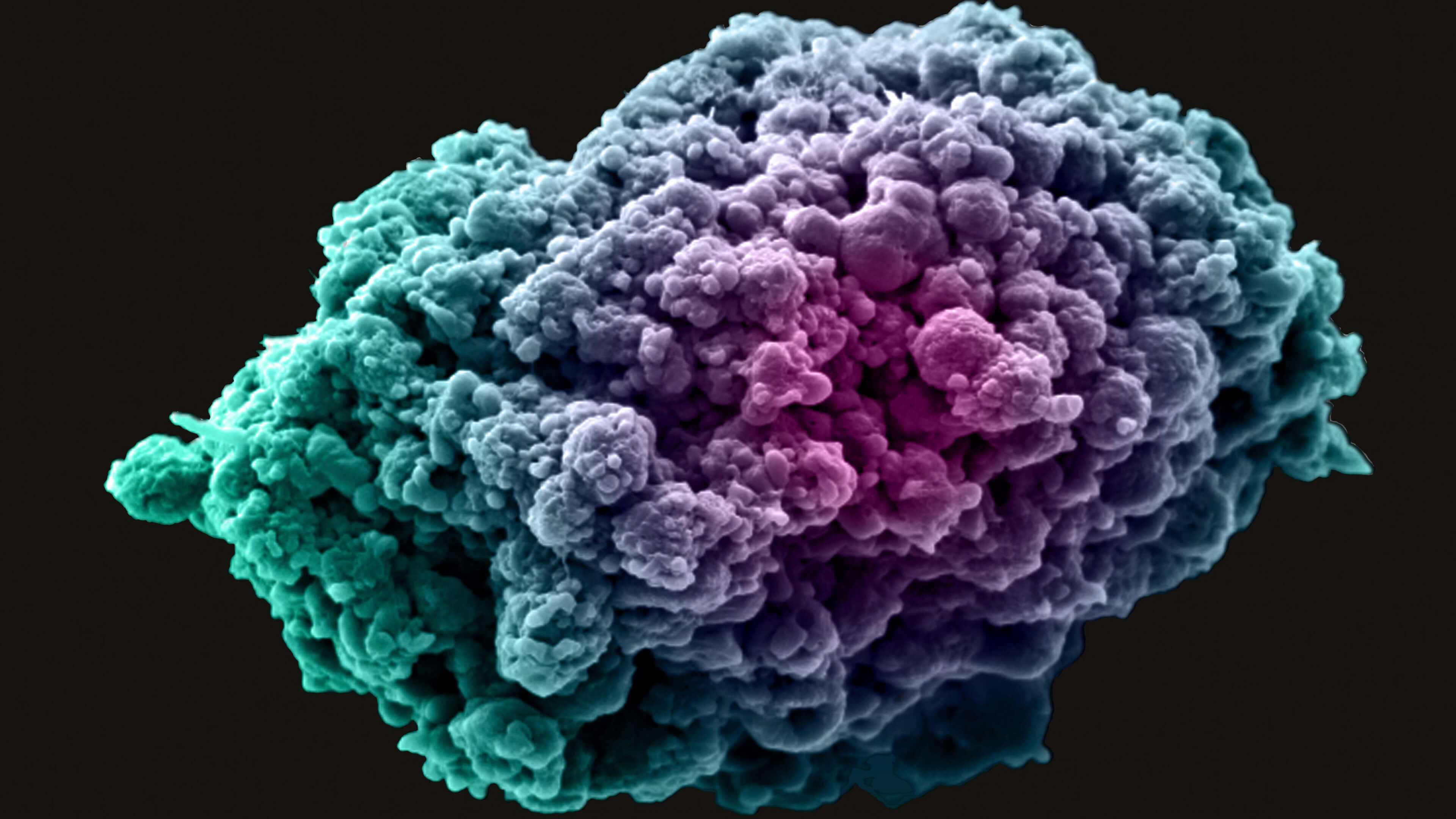Scientists have developed a machine learning tool that can predict how an aggressive type of breast cancer will respond to treatment, and when it will return.
Invasive lobular carcinoma (ILC) – which accounts for 15 per cent of breast cancer cases – is biologically different to other forms of breast cancer, but it lacks unique treatment options. While treatments given for ILC – which is also known as lobular breast cancer – work in the short term, the cancer often returns and spreads.
Researchers at The Institute of Cancer Research, London, have developed a machine learning model – a form of artificial intelligence – to predict the clinical outcomes of ILC, based on the underlying genetics of the disease. They hope that the findings, published in British Journal of Cancer, will be used to detect cancers that are likely to return and to ultimately guide treatment options for people with ILC.
What is unique about ILC?
Looking at genetic information from nearly 1,000 patients with ILC, the team, working in the Breast Cancer Now Toby Robins Research Centre at The Institute of Cancer Research (ICR) identified the differences in ILC compared to normal breast tissue. They discovered genes and biological pathways that were predictive of overall survival, cancer spreading, and ones which were associated with response to chemotherapy.
The scientists, funded by Breast Cancer Now, developed a machine learning model using these biological pathways. Their model was able to accurately classify patients’ cancers into high-risk and low-risk groups. The 10-year survival for those in the high-risk group was 58.3 per cent, and for those in the low-risk group it was 80.3 per cent. The model was also able to predict the likelihood of metastasis before 10 years.
Identifying drug targets for ILC
The team then assessed which genes were essential to cancer cell fitness and survival. They were able to identify 16 genes that could serve as potential targets for future drug development, specifically to treat ILC.
The researchers hope that their model will be used in future to predict which patients are likely to respond to chemotherapy, sparing patients from unnecessary harsh treatments. They also hope it will lead to the development of drugs that are specific to – and likely more effective for – invasive lobular carcinoma.
Dr Syed Haider, study lead and Group Leader of the Breast Cancer Data Science Group at The Institute of Cancer Research, London said:
“Invasive lobular carcinoma has been difficult to study as patients are often diagnosed late, and their cancer relapses many years after the initial diagnosis, meaning that long-term follow up studies are necessary to understand this disease. Therefore, discovery of treatments specific to lobular breast cancers is urgently needed. By using these approaches and integrating data from numerous independent studies, we’ve developed a machine learning tool that can predict how cancer will respond to treatment, and when it will return.”
A tool to guide clinical decision making
Professor Chris Lord, Professor of Cancer Genomics at The Institute of Cancer Research, London, and lead of Lobular Breast Cancer Focus Group, said:
“Despite invasive lobular carcinoma being the second-most common form of breast cancer, there are no specific treatments for it and the long-term outcomes are notably worse than for other breast cancers. We desperately need to improve treatments for this disease so that patients can live longer, healthier lives without fear of their cancer returning.
“Until now, we’ve known little about the underlying biology of invasive lobular carcinoma and how it relates to relapse and response to treatment. These findings pave the way for a tool to guide clinical decision making, and for specific therapies for lobular breast cancer."
